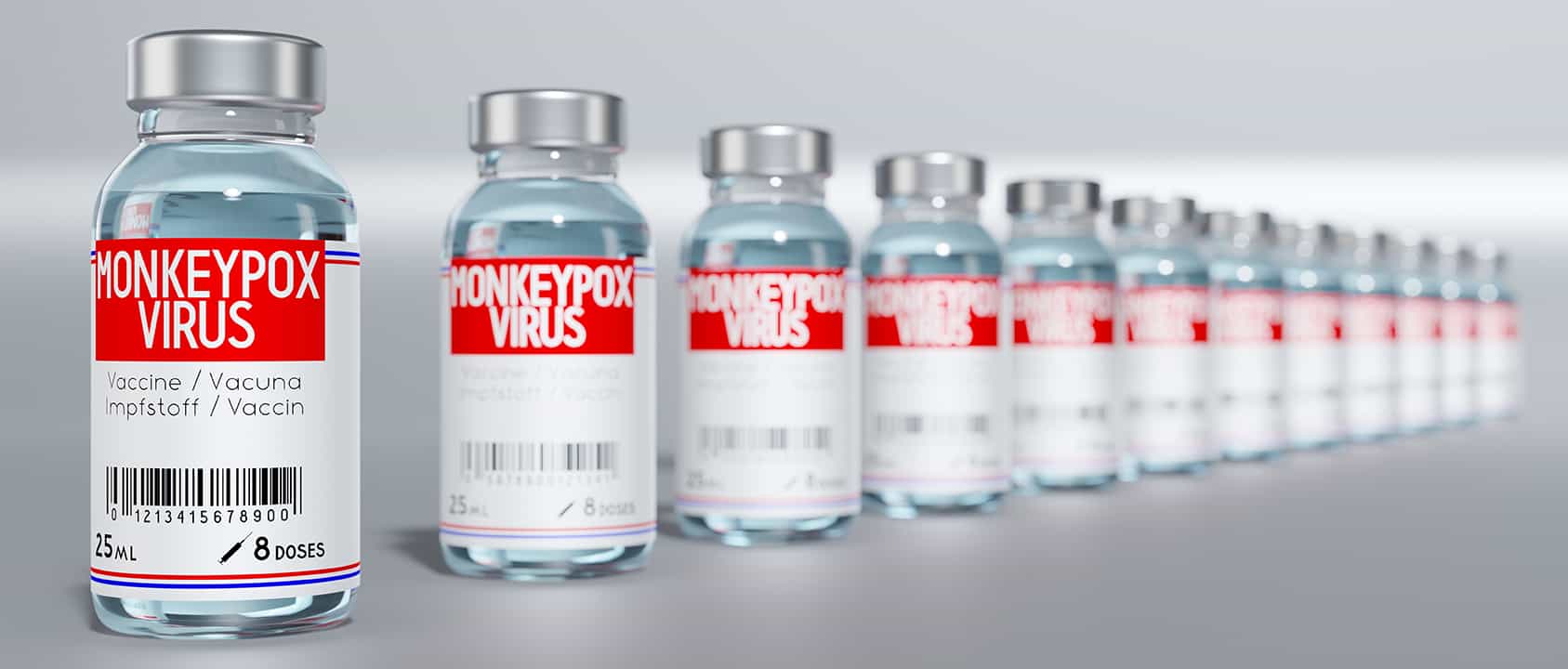Cases of monkeypox (MPV) in Chicago have been rising steadily over the past several weeks, prompting Gov. J.B. Pritzker to declare the virus a public health emergency in Illinois on Monday.
The University of Chicago Medicine has been working to implement standard work processes around testing and vaccine administration along with protocols for treatment. Each site is equipped with sufficient supplies and personal protective equipment (PPE) to administer tests and evaluate potential monkeypox patients safely across our campus and off-site clinics.
We urge that providers and frontline staff DO NOT refer potential monkeypox patients to the Emergency Department for testing. Our infectious disease specialists and infection prevention team are available 24/7 to help walk you through the testing process. If you are seeing a patient who has monkeypox or whom you suspect has been exposed to monkeypox, please page infection prevention (8074) to get help with the evaluation and testing process.
It’s important that you alert infection prevention at pager 8074 anytime we have a confirmed or potential monkeypox patient in one of Ingall’s facilities or, better yet, before the patient arrives.
Vaccination Eligibility
Presently, there are limited supplies of monkeypox vaccine throughout Chicagoland. As a result, pre-exposure vaccines are restricted to select patient populations who meet all the following conditions:
- Gay, bisexual, and other (cis or trans) men who have sex with men (MSM)
- Age 18 or older
- Had multiple or anonymous sex partners, sex at a social or sexual venue, or sex in exchange for money or goods within the last 14 days.
Individuals who recently had intimate contact with a known monkeypox patient may also qualify for vaccine. Those with high-risk workplace exposures will be managed by University of Chicago Occupational Medicine. Please see the Chicago Department of Public Health website for more details on monkeypox and vaccine eligibility.
You can also check the CDPH website for other vaccination sites or providers may email CDPH at monkeypoxPEP@cityofchicago.org.
Employees with Suspected Exposure
Employees who suspect they have monkeypox should contact their primary provider first, and should also notify occupational health by calling (708) 915-5301 and infection prevention by emailing infectioncontrol@ingalls.org.
Please do not come into work if you suspect you have monkeypox, and instead stay home and away from others. Be sure to cover all lesions if possible and wear a mask when you go to get medical care.
While monkeypox is not a sexually transmitted disease, close skin-to-skin contact (including during sex) can spread the virus. Any intimate contact, including kissing, can put you at risk. However, casual contact with individuals in a workplace setting is very low risk. Many people will have casual, non-medical care contact with monkeypox patients at work and outside of work.
We recommend that everyone (including patients and visitors) wear medical grade masks and avoid skin-to-skin contact. Hand hygiene is expected after contact with each patient or patient’s belongings regardless of monkeypox status.
Those providing medical care for monkeypox patients should contact infection prevention (8074) for complete information about isolation, PPE, environmental cleaning, and other monkeypox topics. Monkeypox is a serious public health threat and we urge you to take appropriate precautions. We will continue to keep you informed as we receive more information.
– Ololade Mitchell, MS, MSN, MPH, RN, CPHRM, Director of Clinical Excellence, UChicago Medicine Ingalls Memorial
Magdalena Slomka, MD, Infection Control & Prevention Medical Director, UChicago Medicine Ingalls Memorial

